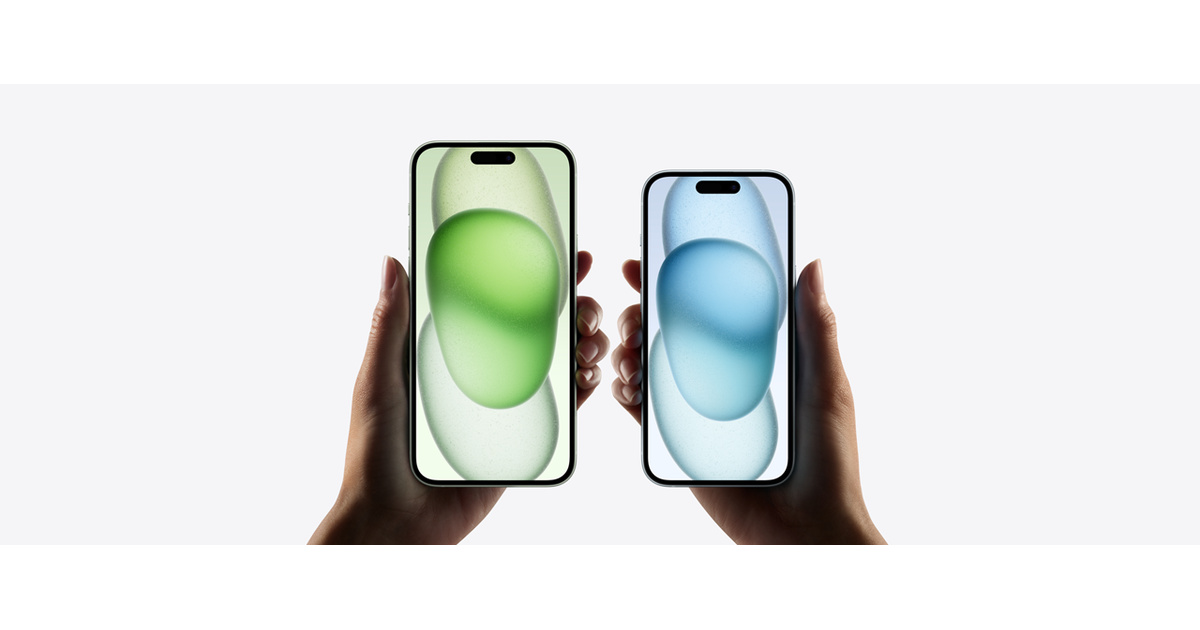
(Photo : Apple)
iPhone 15 series
In a recent revelation, Apple's iPhone 15 has emerged as the best-selling smartphone globally in the third quarter of 2024. The iPhone 15 Pro Max and iPhone 15 Pro closely followed this achievement, marking a significant milestone for the tech giant. This information, released by Counterpoint Research's Global Handset Model Sales Tracker, also highlighted that Samsung maintained the most significant presence in the global top-10 best-selling smartphones list with five spots, followed by Apple with four and Xiaomi with one.
Interestingly, while Apple's share of the top-10 list has slightly declined, Samsung's presence has grown, keeping the combined market contribution of the top 10 smartphones at around 19 per cent. This shift in market dynamics is attributed to the growing consumer preference for high-end smartphones, gradually narrowing the market share gap between the iPhone's base and Pro variants.
For the first time in a third quarter, half of the total iPhone sales were contributed by the Pro variants. This shift is helping Apple drive higher-value device sales, especially in emerging markets, which further contributes to Apple's higher-value sales.
The Rise of High-End Smartphones
This trend is supported by attractive financing schemes and trade-in offers, making the latest iPhones more accessible to a broader range of income brackets. Samsung's Galaxy S24 retained a spot in the top 10 in Q3 2024 for the third consecutive quarter. Also, for the first time in a third quarter since 2018, a Galaxy S series variant entered the top 10. This achievement is a testament to Samsung's resilience and innovation in the face of stiff competition.
Apple and Samsung are further strengthening their premium positioning with Apple Intelligence and Galaxy AI, which will help them continue to dominate these rankings. Both brands are leveraging GenAI as a differentiating factor in the premium segment.
In the past, Apple has been a trailblazer in the tech industry. It was the first US company to hit a market cap of $3 trillion, and its products, such as the iPhone, Mac computers, iPad tablets, and Apple Watch wearables, have become iconic symbols of innovation and design.
The Competitive Landscape of the Smartphone Industry
However, the company has faced stiff competition from tech giants like Google and Samsung, who offer a range of Android-based devices and have managed to carve out a significant share in the smartphone market. Samsung, on the other hand, despite experiencing a significant decline in its operating profit due to falling prices and weak demand for its memory chips in the first quarter of 2023, has managed to maintain its position in the market. The company's capital expenditures in 2022 reached a total of ₩53.1 trillion, including ₩47.9 trillion for semiconductors and ₩2.5 trillion for displays.
In conclusion, the smartphone industry is a dynamic and competitive landscape, with companies like Apple, Samsung, and Xiaomi constantly innovating and pushing the boundaries of technology. The success of Apple's iPhone 15 and Samsung's Galaxy S24 in Q3 2024 is a testament to their commitment to innovation and their ability to meet consumer demands. As the market continues to evolve, it will be interesting to see how these companies adapt and what new innovations they will bring to the table.









